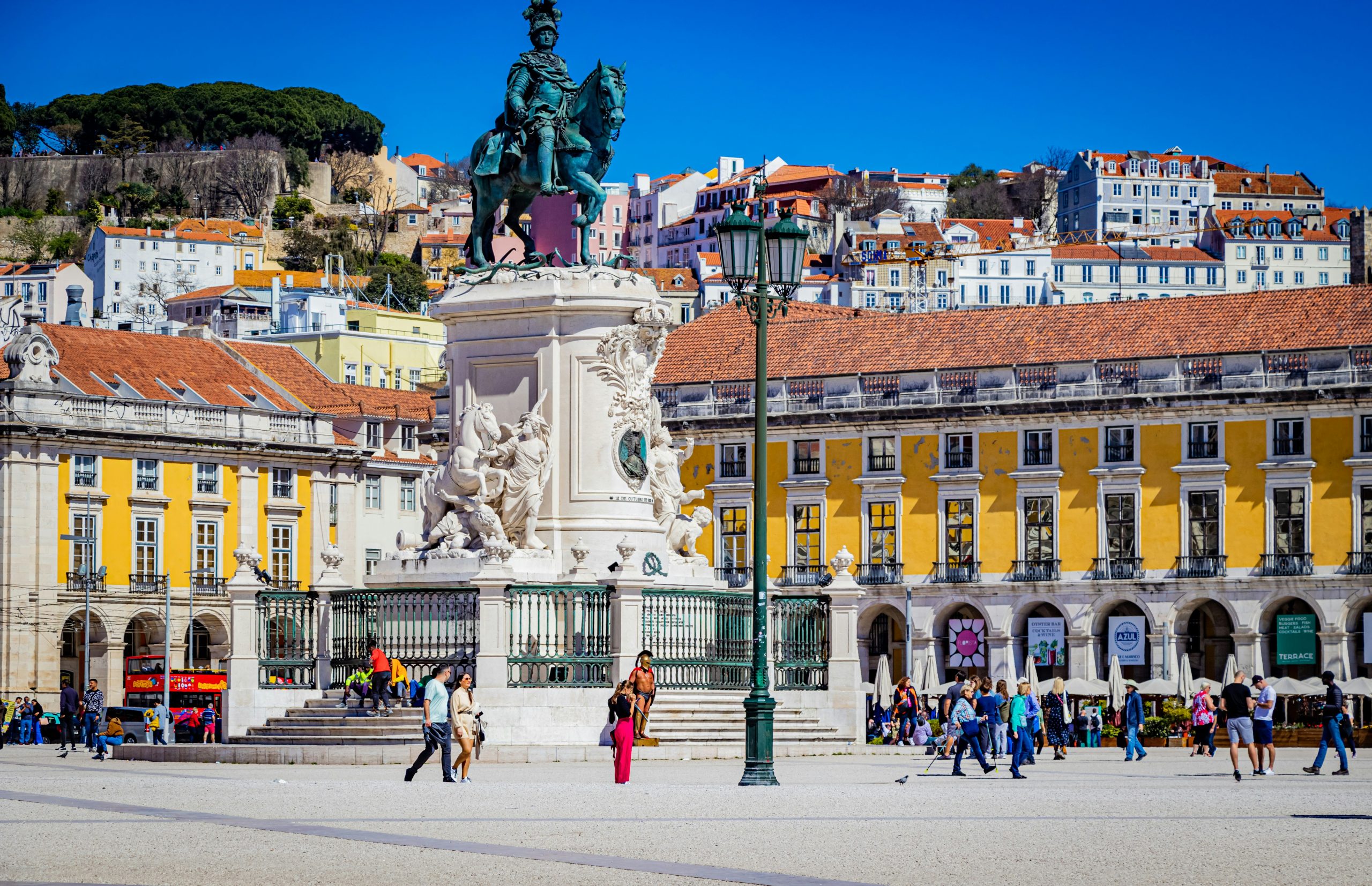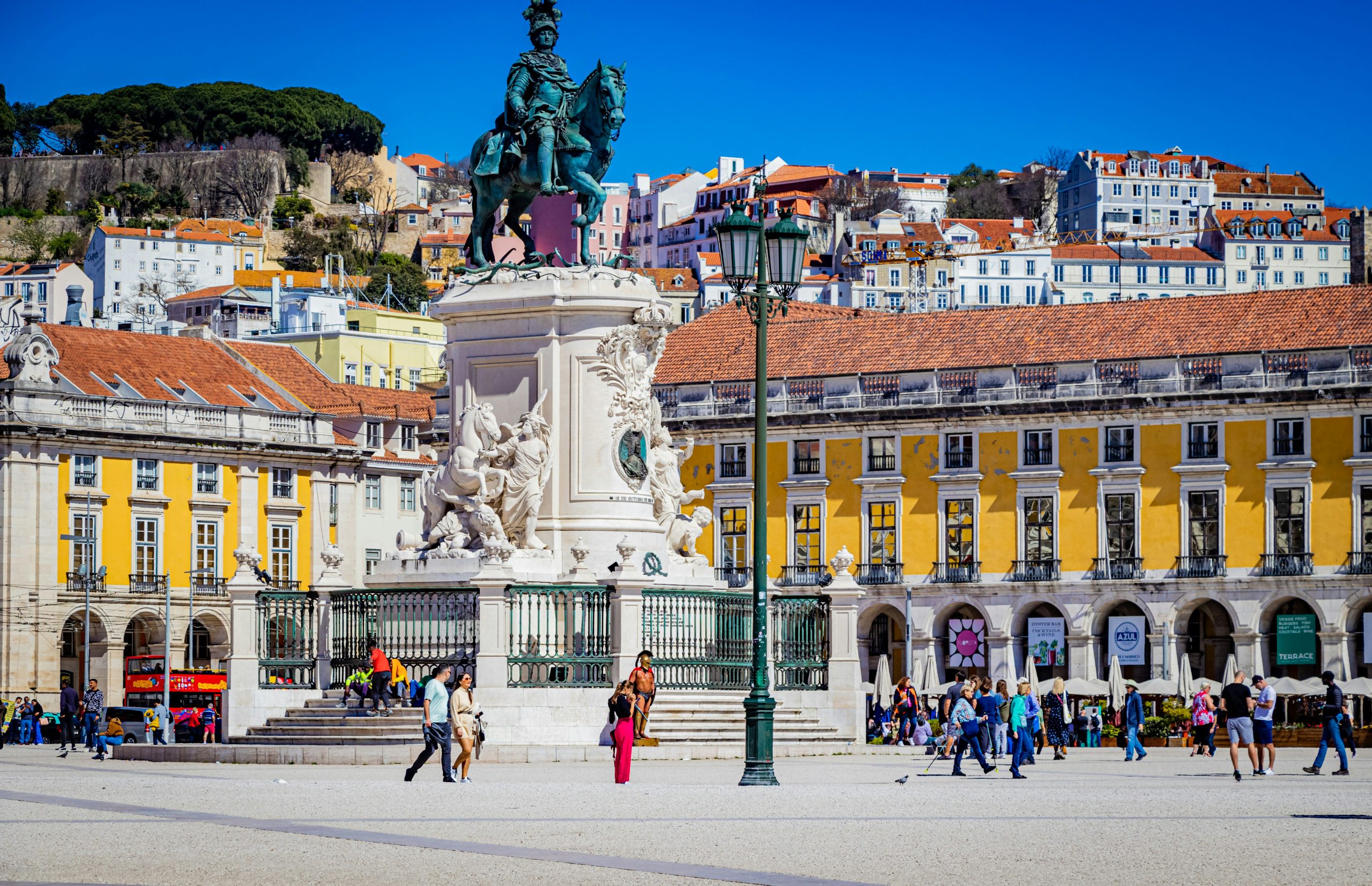Moving to Portugal with family represents one of the most significant decisions globally mobile families make when seeking European residency. Portugal’s combination of safety, climate, and educational infrastructure has attracted over one million expatriate residents, yet the practical realities of relocating children and navigating new systems require careful planning and realistic expectations.
For families considering Portugal as their new home, understanding education options, healthcare access, and integration challenges becomes essential for making informed decisions. This comprehensive guide addresses the real-world logistics of moving to Portugal with children, from international school selection to healthcare registration.
Educational Landscape: Choosing Between Systems
Portugal offers diverse educational pathways for expat families, though the choice between international and local schools significantly impacts both integration and budget considerations.
International Schools: The Expat Foundation
Portugal hosts 51 international schools spread across seven cities, with most concentrated in Greater Lisbon, Porto, and the Algarve region. These schools serve as cultural bridges for internationally mobile families, particularly those with children aged 12 and older who need more time to develop Portuguese language skills.
You can search and compare international schools using the International Schools Database.
Annual fees range from €6,000 to over €25,000, depending on location and facilities, with Lisbon generally hosting the most expensive options. Beyond tuition, families must budget for registration fees, uniforms, textbooks, and transportation.
British international schools follow the National Curriculum leading to IGCSEs and A-levels, while American schools culminate in High School Diplomas. The International Baccalaureate program provides globally recognized qualifications for university admission worldwide.
Portuguese Public Schools: Integration Through Education
Portugal’s public education system offers complete integration into Portuguese culture and language at no direct cost. Public schools are well-regarded for their comprehensive approach, though they are taught entirely in Portuguese except for foreign language subjects.
For younger children, Portuguese public schools provide natural language immersion and cultural integration. However, families must consider the adjustment period and potential academic gaps during language acquisition.
Making the School Choice
The decision often depends on budget, child’s age, duration of stay, and long-term educational goals. Younger children adapt more easily to language immersion in public schools, while older children may find international schools provide better educational continuity.
Families must weigh factors like child’s age, commute times, school admissions processes, and the relationship between property prices and school locations.
Healthcare Access: Navigating Portugal’s Dual System
Portugal’s healthcare system provides both public and private options, though understanding registration requirements becomes crucial for family planning.
Public Healthcare Through SNS
Portugal operates universal healthcare through the publicly financed Serviço Nacional de Saúde (SNS), providing free healthcare for children under 18 and people over 65 who contribute to social security. For other residents, the system provides subsidized medical costs at significantly reduced rates.
To access SNS, legal residents need their NIF (tax number) and Social Security number (NISS), then register at their local health center where they’re assigned a family doctor. The registration process requires patience, as family doctor availability can sometimes mean a wait.
Once registered, SNS coverage includes doctor visits, hospital care, maternity services, and subsidized prescription medications. You can find your nearest health center through the SNS Portal or use the MySNS mobile app for appointments and health information.
Private Healthcare: Speed and Language Benefits
Private healthcare complements the public system by offering faster access to specialists and reduced waiting times. For expat families, private healthcare provides significant advantages in language accessibility and appointment scheduling.
Basic private health insurance plans typically range from €20 to €100 per month, while comprehensive family plans cost around €300 to €400 per month for robust coverage.
Many doctors, especially younger ones, have good English command, particularly within the private system and in areas with large expat populations like Lisbon, Porto, and the Algarve.
Integration Challenges: Language, Culture, and Community
Moving to Portugal with children involves navigating cultural adaptation and practical integration challenges that require proactive planning.
Language Adaptation Realities
Portuguese presents unique challenges as it isn’t widely taught in schools worldwide, meaning many newcomers start from scratch. While most younger Portuguese speak English well, older generations, especially outside major cities, often don’t.
Even Spanish speakers find spoken Portuguese sounds quite different from what they expect, and Portuguese tends to be spoken quickly, making initial comprehension difficult.
School Integration Support
Portugal has significantly increased support for foreign students, with 141 linguistic and cultural mediators hired by schools across the country in 2025. This represents a governmental initiative to promote integration as foreign student numbers doubled from 70,000 to 140,000 in recent years.
This professional support helps bridge language gaps and cultural understanding, though families should prepare for adjustment periods during transition.
Connect with other expat families through Facebook groups or websites like InterNations Portugal for local meetups and family-friendly events.
Cultural Adaptation Strategies
Successful adaptation requires maintaining connections to home country family and friends while building new community relationships. Children especially benefit from keeping in touch with grandparents and cousins, as maintaining cultural identity becomes important during adaptation.
Portuguese culture emphasizes family connections, which can provide natural integration opportunities. Portugal is extremely family-oriented, with children welcomed everywhere and festivals naturally becoming family gatherings.
Practical Location Considerations
Portugal’s regional diversity offers different advantages for families, though location choice impacts school access and integration opportunities.
Family-Friendly Regions
Lisbon boasts vibrant expat communities, international schools, and family-oriented neighborhoods like Estoril and Cascais, though monthly rent for three-bedroom apartments ranges from €1,200–€2,000.
Porto offers affordability and cultural charm with international schools and family-friendly areas, with rent ranging €800–€1,500 for three-bedroom apartments.
For budget-conscious families, Braga provides a more affordable option with growing expat community and good schools, with rent ranging €500–€900.
The Algarve region has 13 international schools, most teaching the British curriculum, while Lisbon ranks among the healthiest cities for raising families due to high safety, educational quality, and activity variety.
For housing searches, Idealista and Casa Sapo are the primary Portuguese property portals, while Uniplaces specializes in family-friendly shorter stay, rentals for international residents.
Financial Planning and Practical Costs
Understanding the complete financial picture becomes essential for family relocation planning, as costs extend beyond obvious expenses like tuition and housing.
For public school families, while tuition remains free, costs include materials, transportation, and potential language tutoring support during adaptation periods.
Private health insurance often requires co-payments for services, with general consultations having co-payment fees of €15 to €20.
Portuguese language lessons, cultural adaptation programs, and community integration activities represent additional investments in successful family relocation that significantly impact adaptation success.
For Portuguese language learning, consider platforms like CIAL Centro de Línguas for in-person classes or Portuguese with Leo for online lessons specifically designed for expat families.
Why Portugal Panorama’s Approach Benefits Relocating Families
Moving to Portugal with family requires more than residency compliance. It demands investment structures that support long-term stability while navigating complex educational and healthcare systems.
Portugal Panorama’s regulated fund approach addresses the unique needs of families seeking Portuguese residency through investment. Rather than simply meeting Golden Visa requirements, we provide institutional-grade investment structures that complement family relocation planning.
Our multi-sector fund architecture spans hospitality, renewable energy, healthcare, and agriculture. These sectors directly impact family life in Portugal. Healthcare sector investments support the same medical infrastructure families depend upon, while hospitality investments contribute to the educational and cultural environment that makes Portugal attractive for family relocation.
The triple oversight structure (Fund Advisor, Fund Manager, and Custodian Bank) ensures that your €500,000 Golden Visa investment maintains continuous CMVM regulation while supporting the Portuguese economy your family will call home.
For families navigating school enrollment, healthcare registration, and community integration, Portugal Panorama provides the stable investment foundation that allows focus on successful family adaptation rather than investment management complexity.
Portugal Panorama recognizes that successful family relocation extends beyond documentation and compliance. We serve families who understand that the right investment structure can significantly impact educational choices, healthcare access, and community integration outcomes. When your investment actively supports the sectors your family depends upon, residency becomes a strategic foundation for long-term European stability rather than simply a regulatory requirement.





